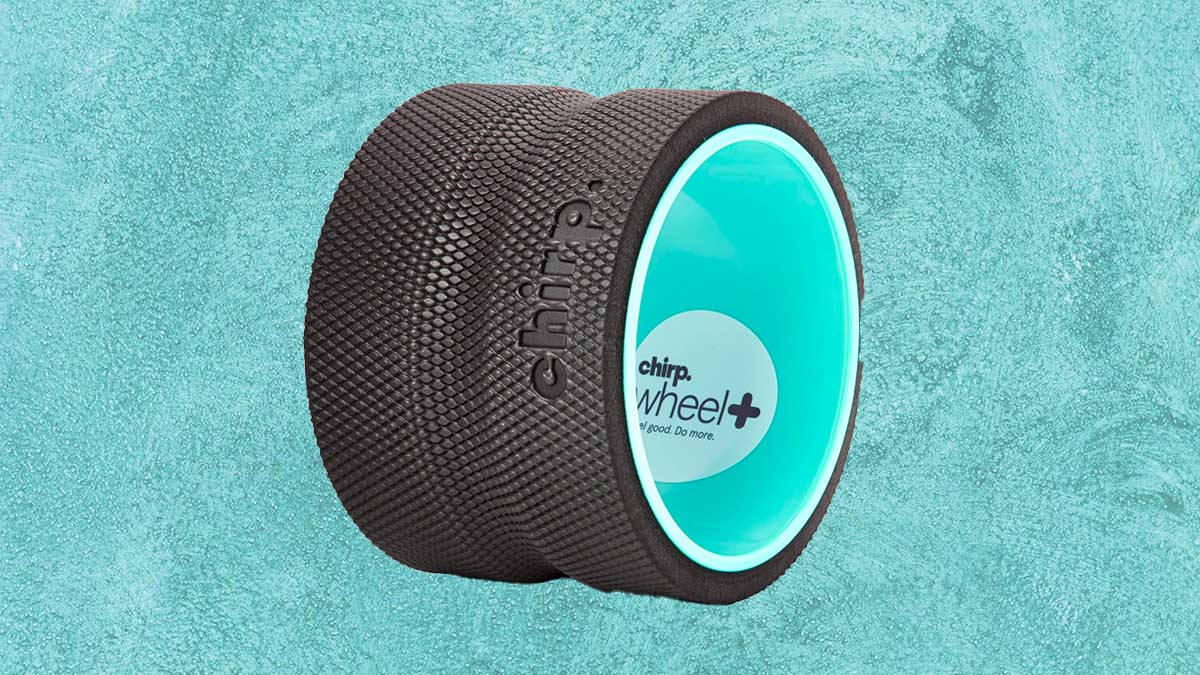Nota bene: All products in this article are independently selected and vetted by InsideHook editors. If you buy something, we may earn an affiliate commission.
At this point, the recovery fitness boom is fully under way.
The most popular connected fitness machines, like Peloton or MIRROR, offer restorative yoga and mat Pilates classes. Fitness wearables like WHOOP don’t just track daily effort — they keep track of rest, too, in order to give users an idea of how much their bodies can take. And the world of recovery toys has grown from the old guard (ice packs, lacrosse balls, foam rollers) to a dizzying array of massage guns, compression sleeves and herbal-infused balms.
It’s hard to keep up with all the new stuff coming out, but then, sometimes it isn’t worth your effort. Alongside the real winners, the world of wellness will always be riddled with products that are either too complicated or made from crap materials. For a stretch, I was convinced we’ve thought of every effective and economical way to stretch the shoulders, knead the plantar fascia and/or release tension in the lower back.
Then I got on the ground with a Chirp Wheel.
If you recognize the name, that’s because Chirp has had successful appearances on both Kickstarter and Shark Tank over the years. At first glance, it’s a pretty straightforward tool: it’s just an ABS plastic rim covered in a rubber mat. It looks like a hollow tire, and you’ll feel a bit confused that no one came up with the design 20 years earlier. But the key is a slight groove that trails down the very center of the tread, which allows the wheel to align precisely along your spine.
Chirp didn’t reinvent the wheel, but the Utah brand did invent one that provides enormous back-pain relief. As a writer and a runner, my weeks vacillate between two extremes: I hunch over a computer for eight hours a day, I drag my body through eight-mile runs. That routine contributes to my own bespoke brand of back pain. Almost every American has their own version; according to the American Chiropractic Association, 80% of Americans will experience a back problem at some point.
So far, the Chirp Wheel is tackling my issues head on. In the brand’s Instagram videos, it likes to play a “cracking” sound effect whenever someone rolls back onto one of the wheels. Their marketing department is goofing around, but I can confirm that rolling on one of these will almost certainly release small pockets of air in your spinal facet joints. It is a ridiculously satisfying sensation. I like to roll back onto Chirp’s 12″ wheel for a few minutes at a time, letting the groove travel from my low back, up to just below the nape of my neck.
Unlike a foam roller, Chirp manages to get directly up against the back muscles that surround the spine (the spinae and trapezius muscles) and push them out horizontally. After a visit to the chiropractor, patients sometimes complain that while their joints found some relief, their muscles are more sore. This is meant to address that issue. Plus, while foam rollers are often deployed for trigger points in the quads, hamstrings or hip flexors, Chirp is designed specifically for the back. That’s a good thing. While foam rollers run perpendicular to the back, the Chirp runs parallel to the spine, explicitly targeting the area that needs the most relief.
If there’s one thing to gather from our new recovery fitness reality — the fact that these tools and toys just keep coming — it’s that there are no silver bullets. There is a bit of a learning curve in learning how to use your Chirp, and sometimes I’ve found my shirt “catching” as I roll back, which is annoying. But by and large, this is yet another creative outlet for outsourcing your back pain. Use it as part of a dedicated overall routine to stretching, cold therapy and sleep, and you’ll add some years to your posterior health.
We've put in the work researching, reviewing and rounding up all the shirts, jackets, shoes and accessories you'll need this season, whether it's for yourself or for gifting purposes. Sign up here for weekly style inspo direct to your inbox.
